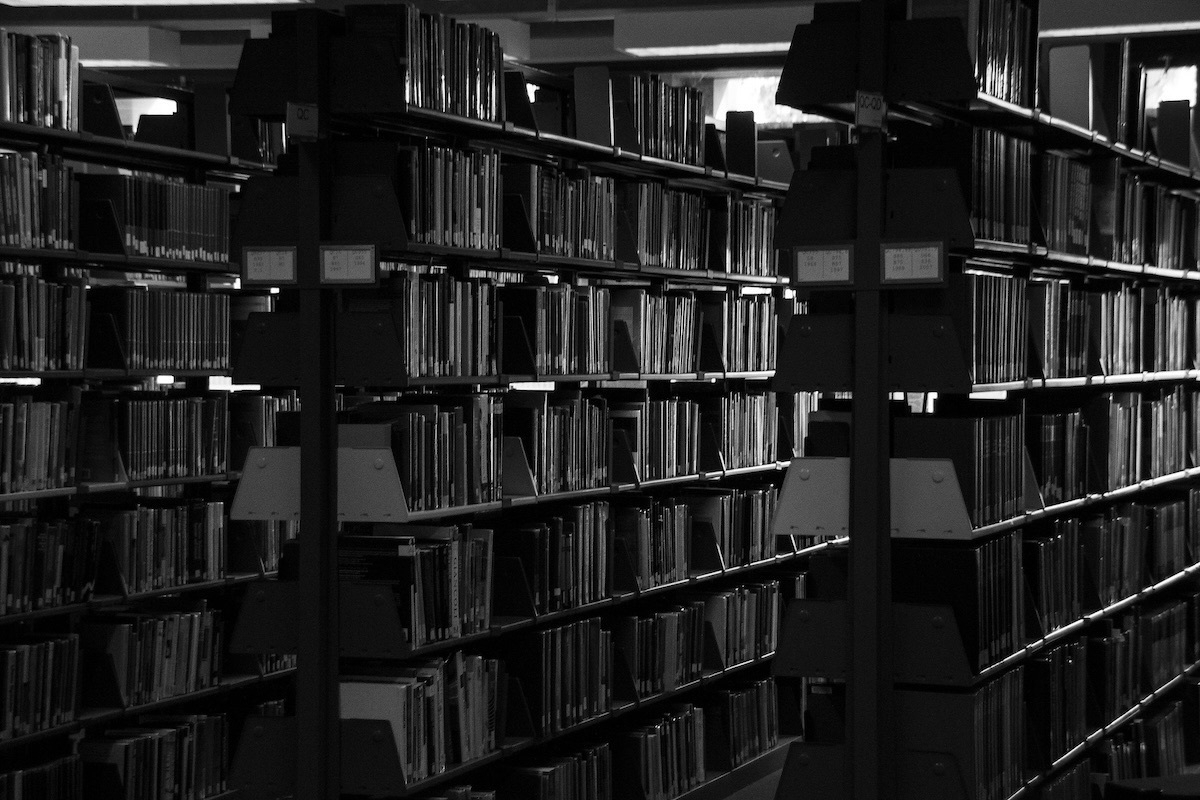A special issue of my newsletter for Martin Luther King Jr. Day: “A Hero’s Iconography” — A shocking photograph featured a brave man — and visual echoes of the art he loved

A special issue of my newsletter for Martin Luther King Jr. Day: “A Hero’s Iconography” — A shocking photograph featured a brave man — and visual echoes of the art he loved

New issue of my newsletter: “Far From Reassuring” — AI companies need to focus on limits, not limitless possibilities, to get the public on board

whoa, @ayjay, re: your latest blog post, this is the exhibit I went to today at the Harvard Art Museum
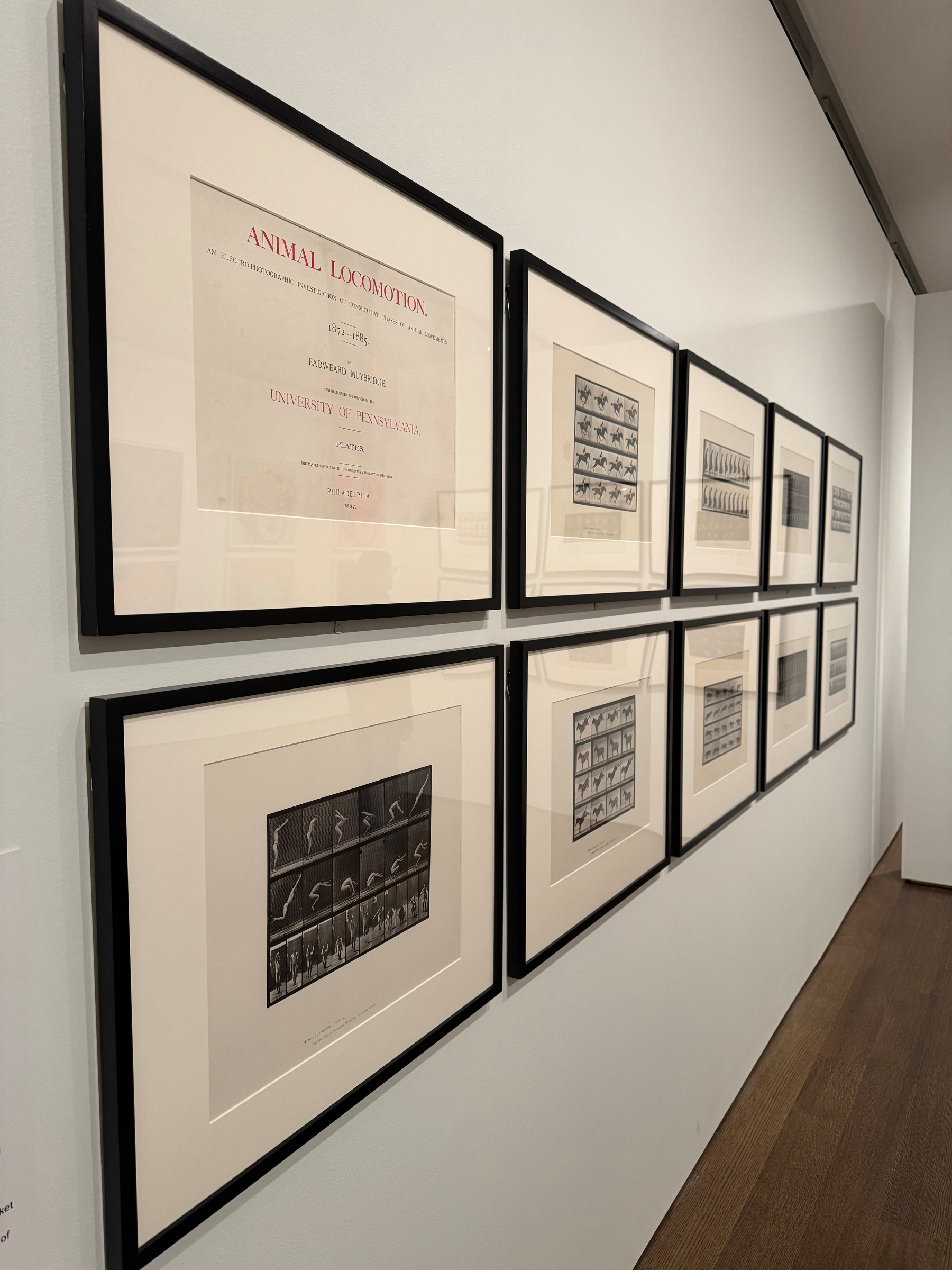
New issue of my newsletter: “The Writing Is on the Wall for Handwriting Recognition” — One of the hardest problems in digital humanities has finally been solved, and it’s a good use of AI
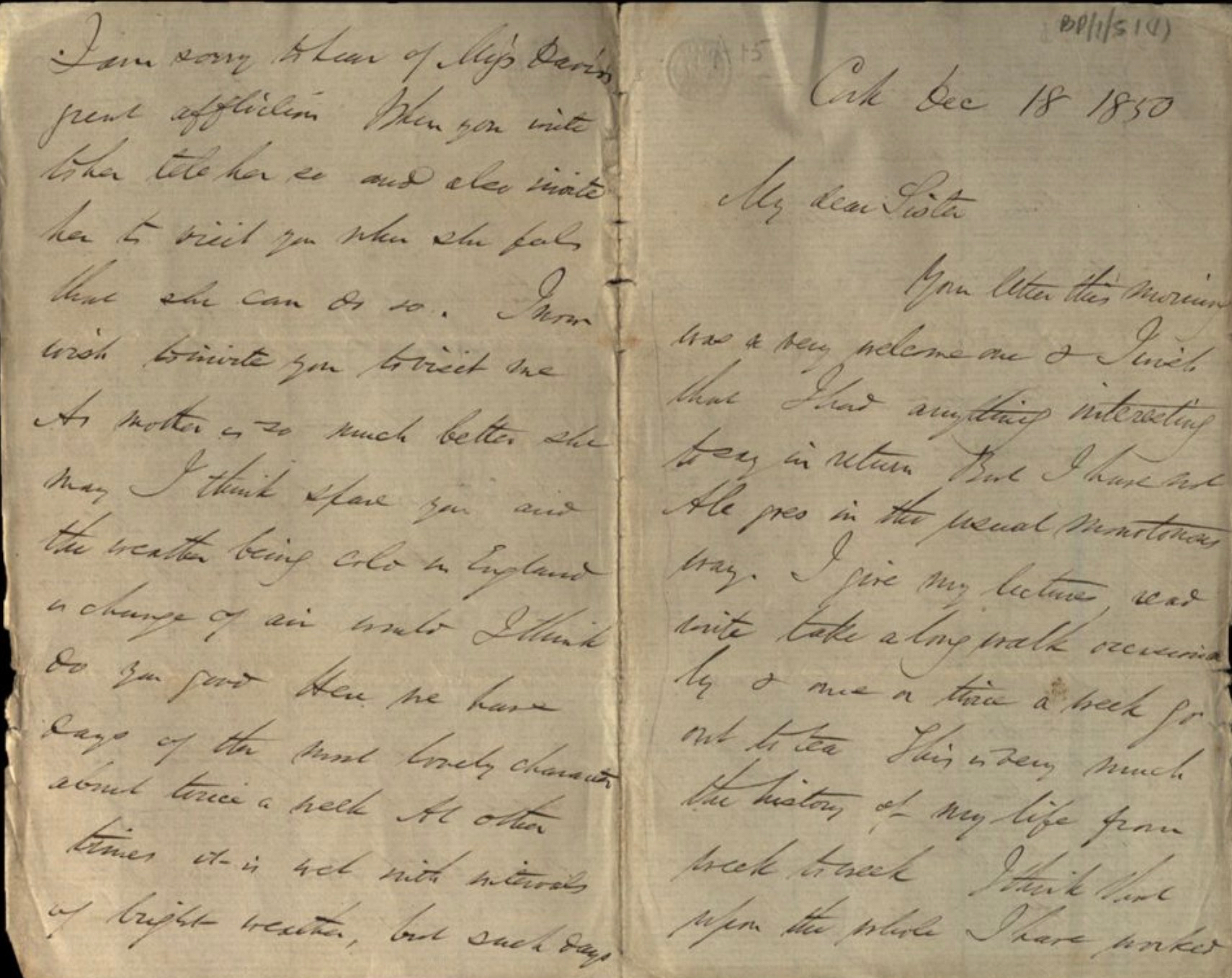
New issue of my newsletter: “The Index and the Vector” — Converting ambiguity into precision can help a broader audience discover and learn from collections
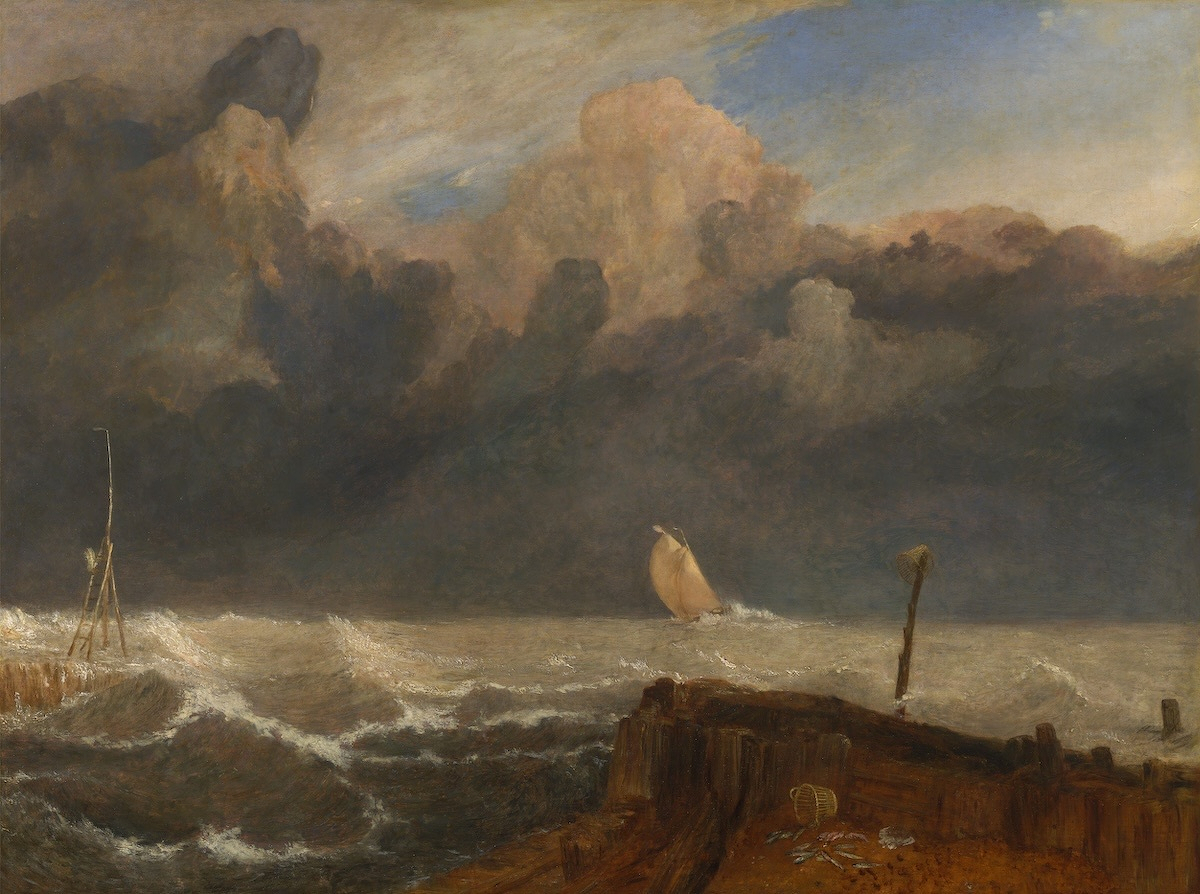
New issue of my newsletter: “The Library’s New Entryway” — An interface that combines the advantages of the traditional index with the power of LLMs is the path forward
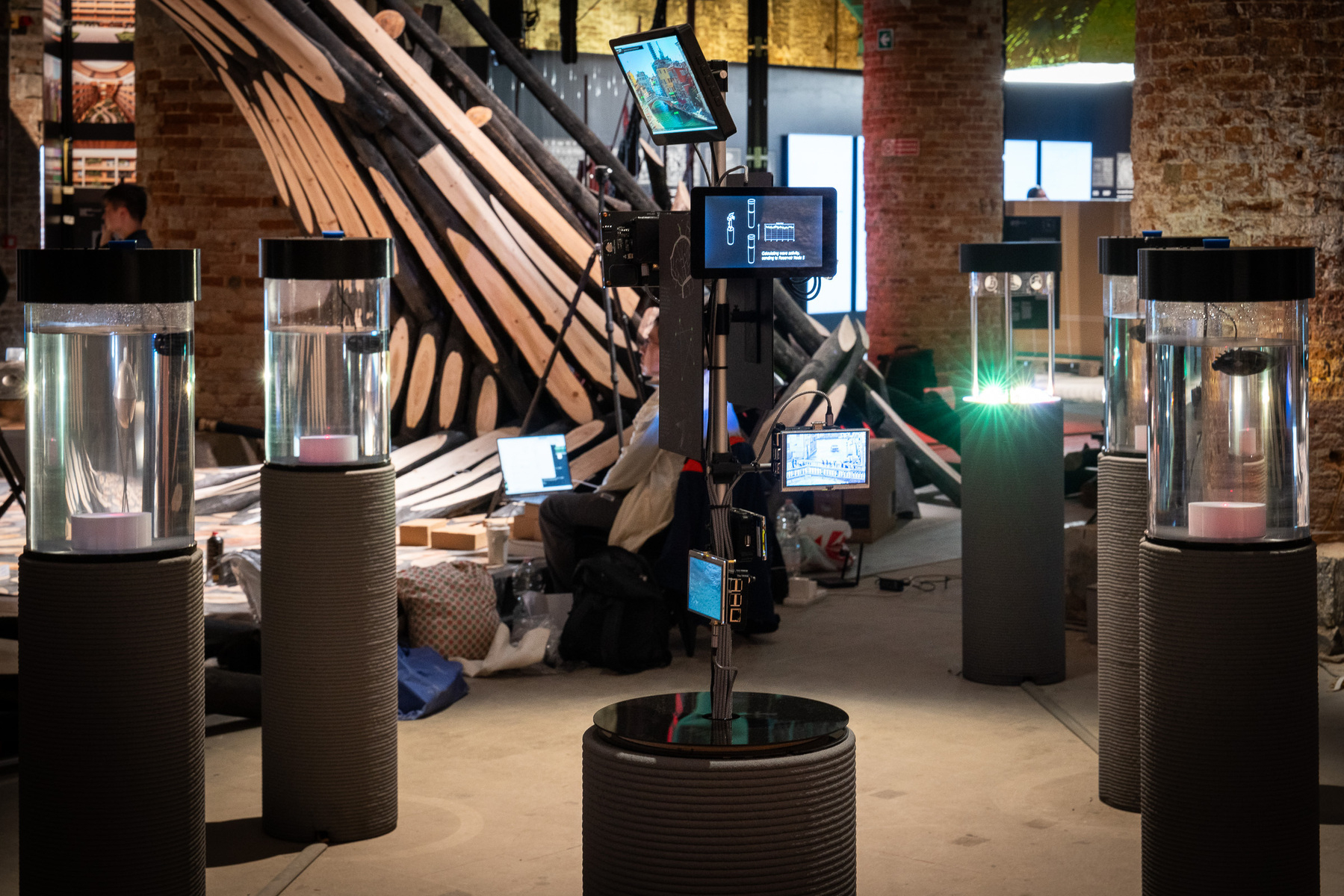
New issue of my newsletter: “The Reboot of Digital Humanities Now” — Discover the latest work from across the field and around the world
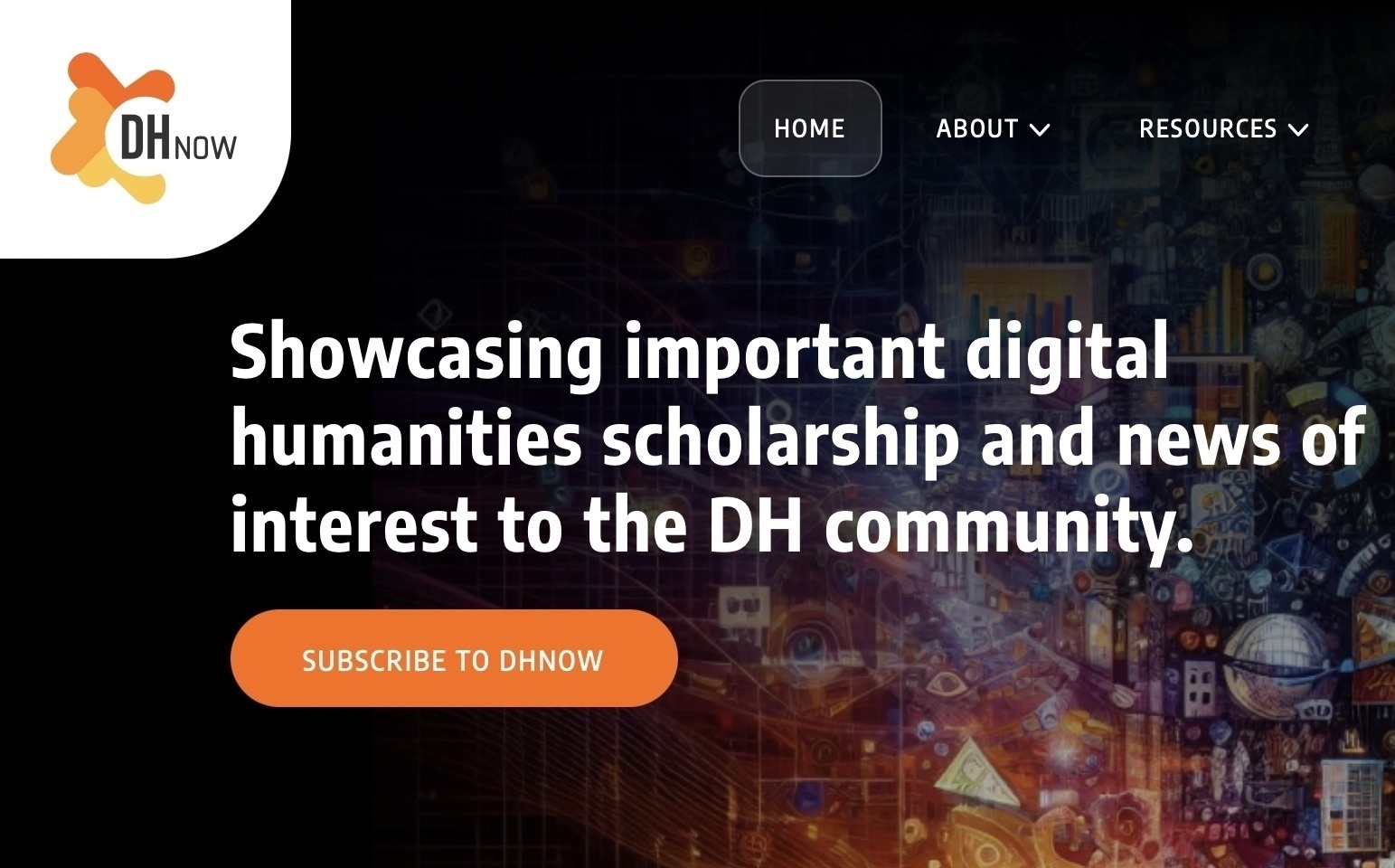
My essay on the tense relationship between authors and AI, as embodied in a major lawsuit against Anthropic, the company behind Claude, is now in the Chronicle of Higher Education
I have updated my in-depth analysis of Bartz v. Anthropic to reflect this important (and overlooked) aspect of the proposed settlement: “In what may be a rude surprise for authors, partial or full payments for many books may go to publishers rather than authors.”
New issue of my newsletter: “Will a Landmark AI Settlement Make Authors Feel Whole?” — The remuneration from Bartz v. Anthropic may not provide what writers really want: respect, recognition, and readers
